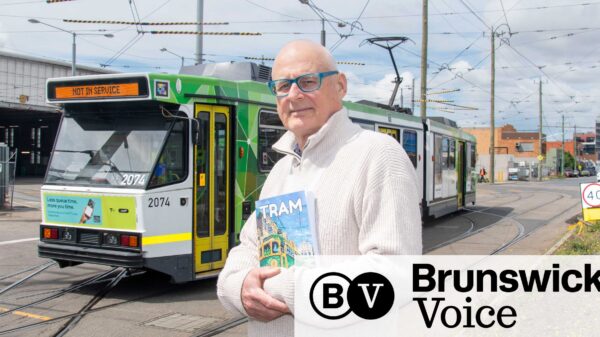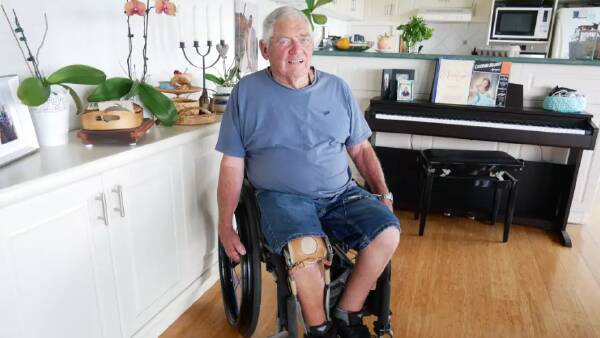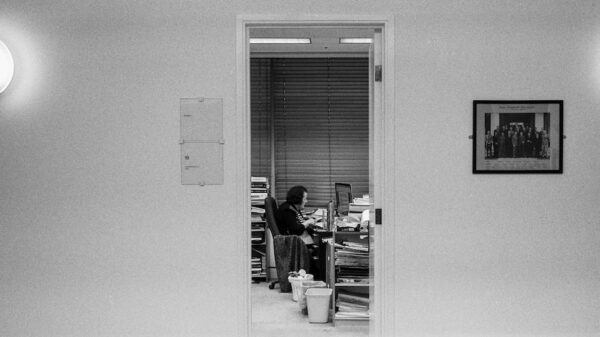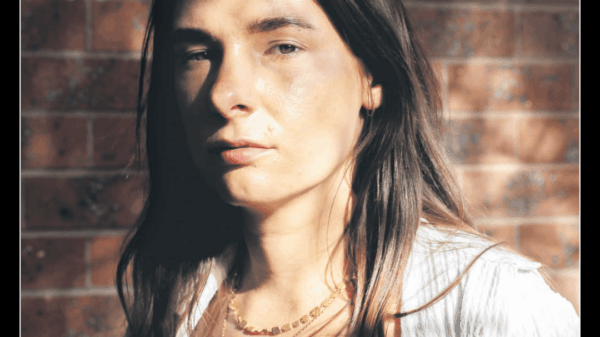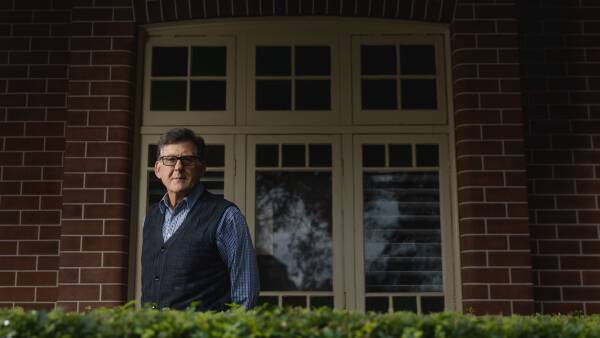The Australian government announced a significant increase in its compensation payout for victims of the controversial robo-debt scheme, raising the total by $475 million. This adjustment makes the class action against the former Coalition government’s unlawful welfare overpayment retrieval program the largest of its kind in Australian history. Leading complainant Felicity Button expressed her disappointment over the reaction from some members of the community, revealing that a neighbor remarked, “Oh, are you going to move out now and move into a mansion?” Button emphasized that the compensation is not a windfall for those affected, stating, “It’s not going to be a big payday for everybody.”
The robo-debt scheme has been widely criticized for its harsh impact on vulnerable Australians. Button, who is a palliative care nurse, was on maternity leave in 2017 when her financial situation was severely affected by the scheme. She points out that the issue extends beyond monetary compensation; it encompasses the emotional and psychological toll inflicted on individuals and families. “It’s about the treatment that was inflicted on us,” she explained.
Documentary Highlights Victims’ Struggles
Button is featured prominently in the SBS documentary series The People vs Robodebt, which explores the experiences of various victims, including Jenny Miller, whose son Rhys Cauzzo tragically took his life, and Deanna Amato, who successfully proved the scheme’s illegality in court. Button recounted the pain of revisiting her experiences, stating, “Every time I talk about it, it’s re-traumatising.” Yet, she also highlighted the importance of sharing these stories, noting that understanding the shared struggle has fostered a sense of community among the victims.
Online campaigner Asher Wolf expressed initial apprehension about participating in the documentary. Producer Michael Cordell, known for his work on Go Back To Where You Came From, drew inspiration from the acclaimed British documentary Mr Bates vs The Post Office, which dramatized another significant scandal. Cordell explained the creative approach taken in The People vs Robodebt, stating that it combines re-enacted scenes with interviews featuring victims, journalists, whistleblowers, and legal experts to convey the emotional depth of the story.
A Narrative of Resilience and Resistance
Cordell emphasized that the documentary was not intended to resemble traditional journalism but rather to tell a compelling story. “To us, it was a kind of thriller, a classic three-act story,” he said. The first episode introduces the victims as they navigate their lives, unaware of the impending “virus” that would disrupt them. In the second episode, they uncover the identity of the perpetrator: their own government. The final act depicts their collective resistance, as they unite through social media to confront the injustices they have faced.
The documentary presents a narrative of resilience, showing how individuals can come together to fight against systemic failures. Cordell concluded, “It’s a fantastic, heroic story, which is yet to be fully concluded.” As the class action progresses, the ongoing conversations around the robo-debt scheme and its ramifications continue to resonate within Australian society, highlighting the critical need for accountability and reform in government policies affecting vulnerable populations.



























